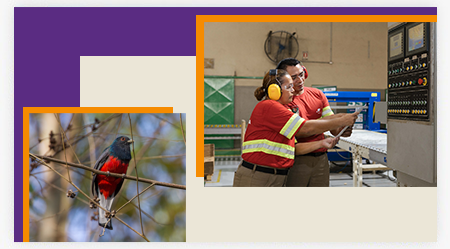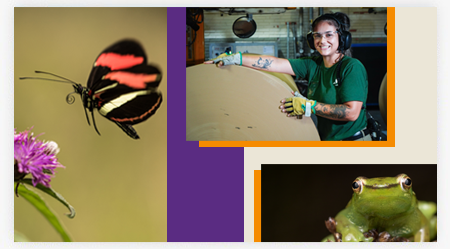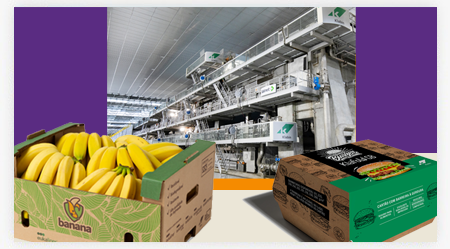Waste management
Circularity and involvement of the value chain
With the target of eliminating the disposal of industrial waste in landfills by 2030, Klabin has been working to increase circularity in its processes. The adoption of smart natural resource consumption practices and the use of technology create value throughout the supply chain.
The Company's waste management is guided by internal guidelines and policies, as well as applicable federal, state, and municipal legislation, which is monitored and followed up by actions that demonstrate compliance with the rules.
The structuring of the circularity procedure stands out in 2023, aiding the Company in decision-making regarding circular economy projects that represent opportunities for the entire value chain. With this, Klabin is expanding its partnerships to include, in addition to customers, other stakeholder groups, such as suppliers, which is in line with the goal of conducting ten circular economy benchmarking cases in partnership with stakeholders by 2030. Three are currently underway.
The EkoMix bag for cement and mortar, developed in partnership with Votorantim Cimentos. The product is made up of 100% dispersible paper and is integrated into the concrete preparation process, consequently eliminating the generation of packaging waste. The EkoMix bag continues to expand in Klabin's portfolio, serving both domestic and foreign markets, in response to the demand for a low-carbon circular economy.

The long-life packaging recycling process in partnership with Tetra Pak aims to increase the installed capacity for recycling the product in Brazil. The recycled fiber, which is of high quality for the manufacture of packaging, is used in the production of Klabin's recycled paper, while the polyal (polyethylene and aluminum) supplies manufacturers of other products.

Packaging recycling in partnership with M. Dias Branco, a food industry player. The pre- and post-consumer chips generated in the customer's operation are collected and returned to the manufacturing process of new packaging by Klabin, and are later sold to both M. Dias Branco and other customers.

Circular economy for Klabin
The procedure adopted by Klabin to recognize a circular economy project defines a series of circularity criteria and establishes four categories. The project must meet at least one of the criteria and be eligible for classification in one of the categories.
- Aims to eliminate the disposal of industrial waste in landfills
- Promotes materials and products made from by-products of Klabin's industrial operations
- Replaces materials of fossil origin in products and processes
- Supports the structuring of the recycling chain
- Promotes recycled, recyclable, and/or reusable materials
- Promotes innovation for developing products that enable and provide circularity
- Promotes the circular economy in the paper and pulp value chain or other chains

Evolution in indicators
In 2023, Klabin raised the rate of solid waste reuse and recycling to 99.3%, driven by decreased production of recycled products and subsequent disposal of industrial waste in landfills, primarily from chip scrubbing and residual waste processes (business-related products). The Company has also implemented actions to increase the reuse/co-processing of solid industrial waste.
The Company remained 100% compliant with the Solid Waste Index across its industrial units in 2023. Particularly noteworthy were the Otacílio Costa (SC) and Monte Alegre (PR) plants, both achieving over 99.9% reuse/recycling of industrial waste by year-end. Another highlight was the results achieved at the Puma Unit, with 99.83% industrial waste recycling and reuse over the year. The result was once again driven by the performance of the Waste Processing Center at this unit, where waste from the Puma and Monte Alegre plants is reused.
Among the packaging segment units, the Industrial Bags plant in Lages (SC) stands out, which began to send its sludge waste for composting and Class I waste for co-processing, raising its recycling and reuse percentage to 86.37% in 2023. Since February 2023, the Rio Verde plant (GO), in turn, has been reusing, recycling, and/or co-processing 100% of the industrial solid waste generated in its operations.
Waste from the scrubbing of residual waste, generated in the chip recycling process, remains one of the main challenges, accounting for approximately 27% of the total amount of waste not reused/recycled in 2023.
A 99.3% industrial waste reuse rate was achieved in 2023.
Specific Klabin research line seeks solutions to transform other waste into inputs.
The potassium sulfate plant at the Puma Unit generates high-value-added fertilizers.
Sludge drying plant, also at the Puma Unit, reduces transportation and waste handling costs.
Sulfuric acid production feeds Puma and Monte Alegre unit.







